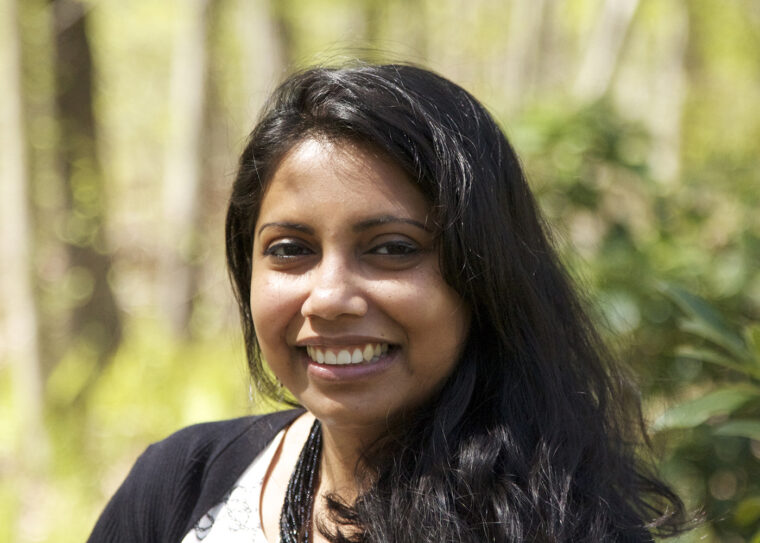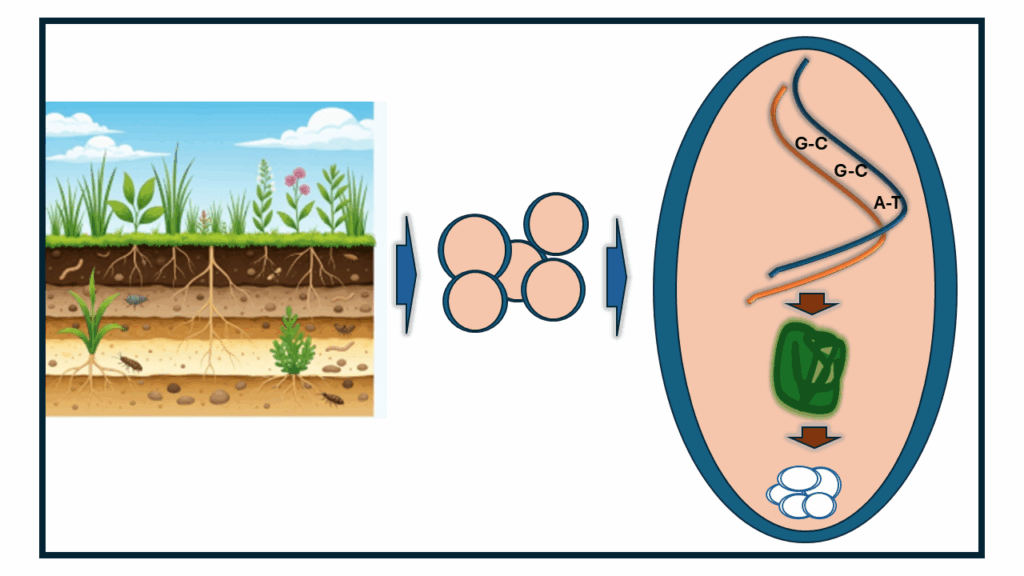Research Focus
Part of our mission is to address the environmental challenges associated with petroleum-derived plastics. In the Bose Lab, one of our primary research goals is to identify and characterize microorganisms capable of naturally producing bioplastics—promising, sustainable alternatives to conventional plastics. Our work also focuses on enhancing bioplastic production through various strategies, including optimizing bacterial growth conditions (such as carbon, electron, and nitrogen sources) and employing advanced genetic engineering tools.
Our research pipeline spans from the isolation of environmental bacterial strains to their genetic modification for improved performance. Over the past decade, the lab has mentored numerous undergraduate students, providing hands-on experience in microbiology, molecular biology, and biochemical analysis. Through these efforts, we have fostered the development of strong scientific and research skills among our students while advancing the broader goal of sustainable biotechnology
Skills, Techniques, Methods
- Bacterial isolation
- Microbiology
- Bioinformatics
- Gene engineering
Research Conditions
Students can expect a collaborative, research-intensive environment focused on microbial physiology and bioplastic production. They will gain hands-on experience in bacterial culture, media preparation, and experimental design, including growth under different conditions: carbon sources, electron source, absence or presence of oxygen as well as bioplastic quantification using LC–MS. Students will also learn genetic manipulation technique. Under close mentorship, students will learn data analysis, and scientific documentation.
Team Structure and Opportunities
Each summer student is paired with a dedicated laboratory mentor who provides personalized guidance throughout the research experience. Training begins with one-on-one mentorship to help students gain confidence and develop independence in laboratory work. At the start of the project, students receive an overview of the research goals and workflow. The mentor works closely with them on a daily basis, following a progressive learning approach: “I do, you watch; you do, I watch”—ensuring that students acquire both technical competence and scientific understanding before working independently.
Requirements
Students joining our lab are expected to have a love for microbiology. Some molecular technique such as PCR, primer designing…background is a bonus but not a requirement.

Arpita Bose
abose@wustl.edu
